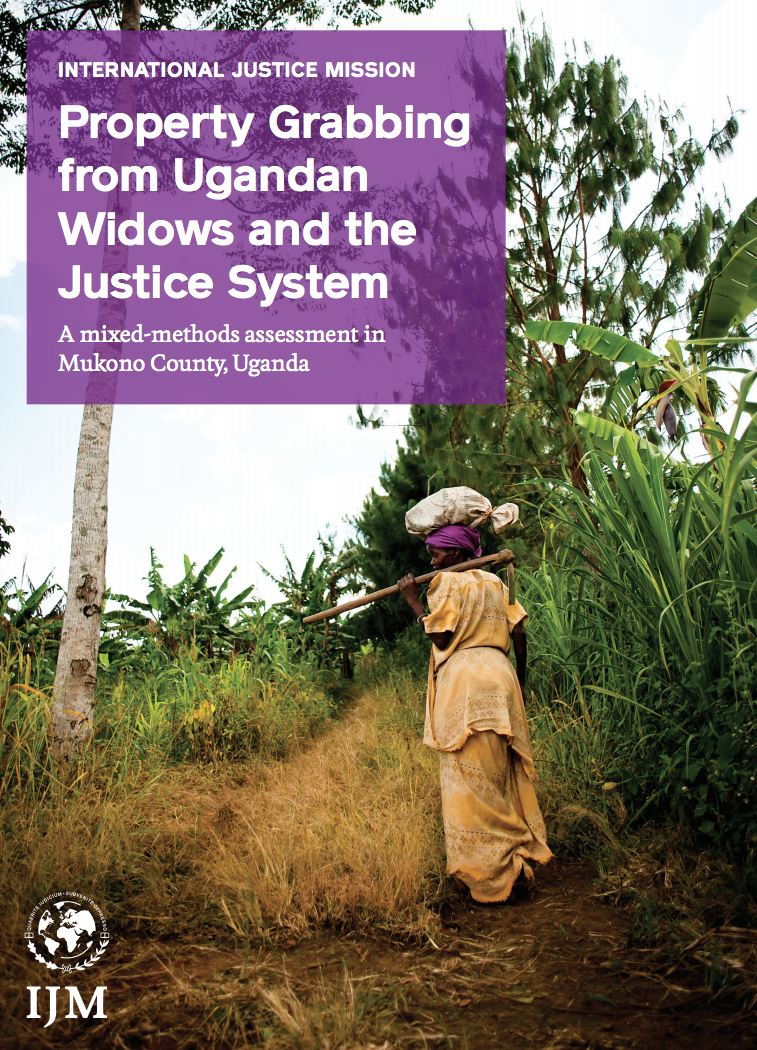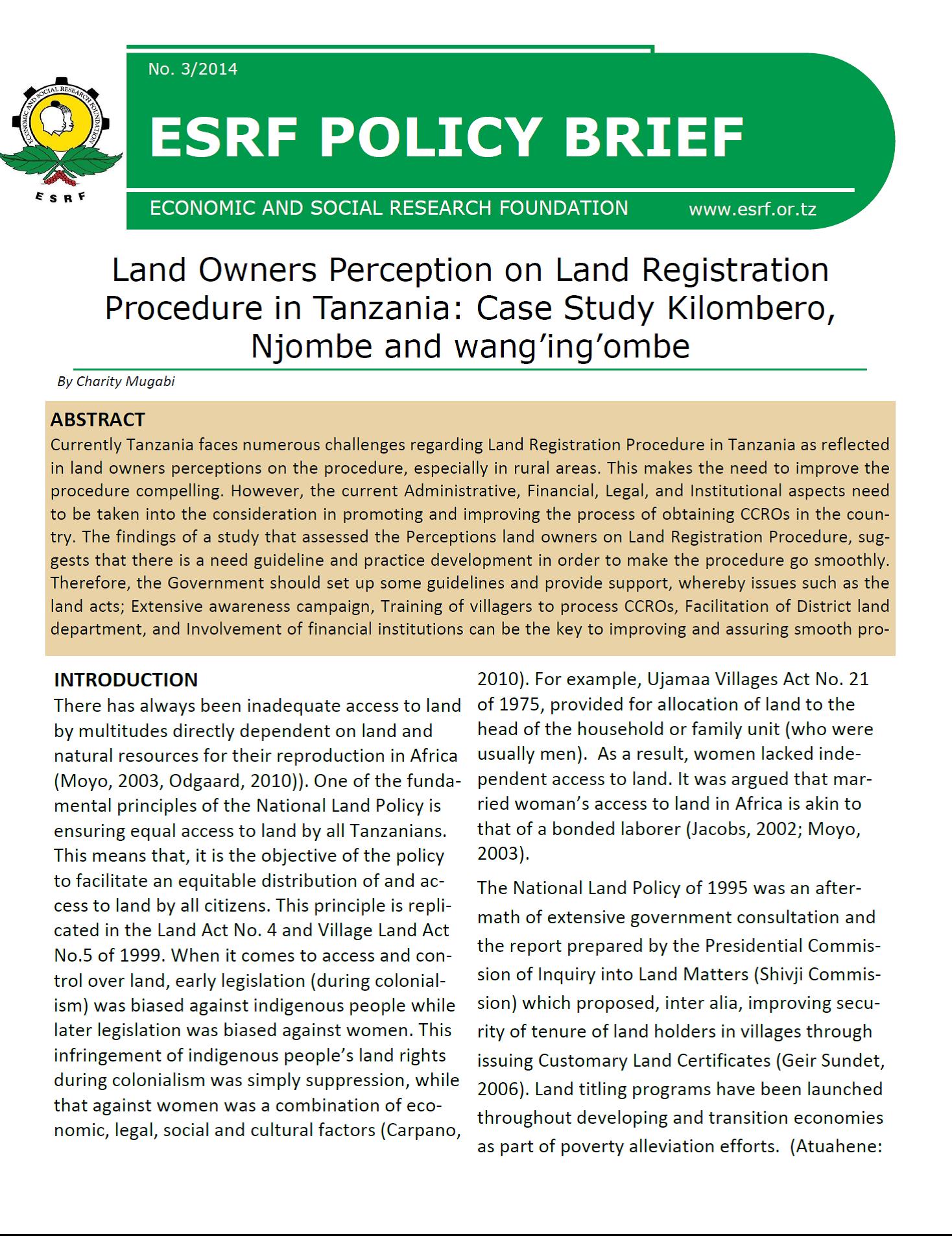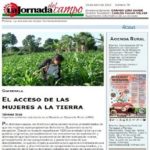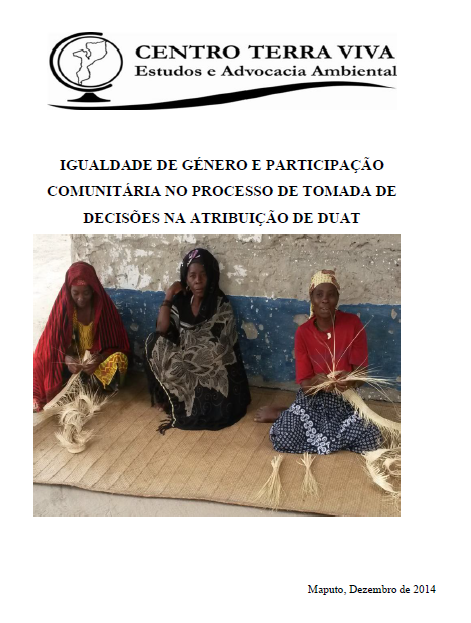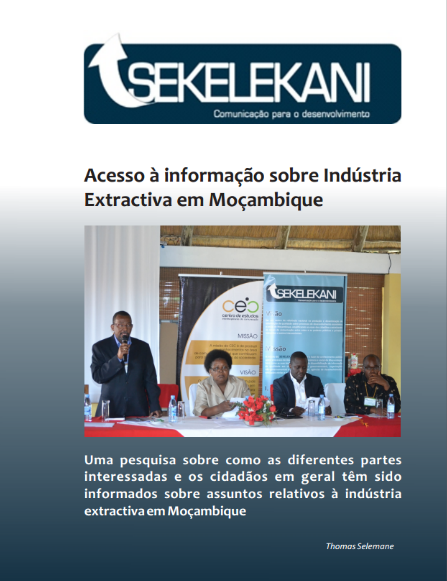‘Women inherit wrappers, men inherit fields’: The problem of women’s access to land in South Kivu, Democratic Republic of Congo, Research Report
Contains a brief review of the land issue in DRC; women’s access to land: secondary land rights; the place guaranteed to women in initiatives to reform the land system; conclusions and recommendations. Women’s access to land must be placed within the context of the complex and pluralistic land crisis and bloody conflicts that continue to destabilise that part of the DRC. Essential resources, such as credit, quality seeds, technology, information and access to markets are cruelly lacking.






